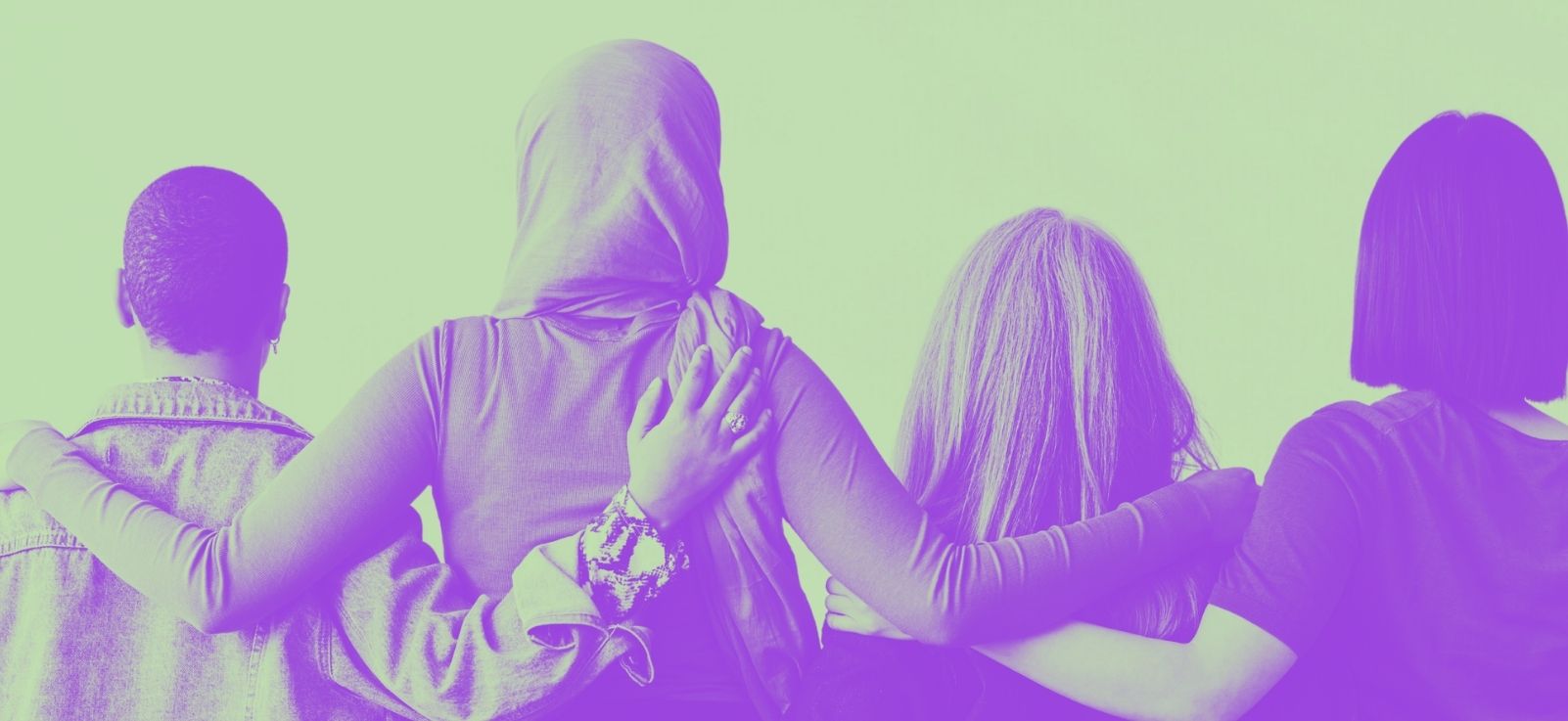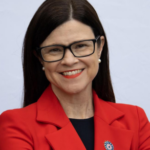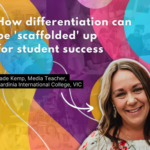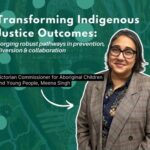Our city makes us sick, our village can make us well

Globally, regardless of where we live, our cities are making us sick.
As obesity and chronic conditions have risen to record levels, people have wrongly attributed self-control or a lack of motivation as the cause.
Personal responsibility has a limited impact on our health. What has the greatest influence on how we eat, move, sleep, play and work is our environment.
And right now, our environment is deliberate, manipulative and highly effective at stopping us from being well.
During my 20 years working in dietetics, I saw the frontline consequences of the obesogenic environment that our society has become.
I saw children and families affected by unsupportive environments yet feeling so guilty and ashamed by increased weight and poor physical, emotional, mental and social health. They had no idea that none of it was their fault and out of their control – despite having the ability to make good choices, many factors that influence our health and wellbeing are environmental, and they can’t control those.
They didn’t realise that their ‘village’ of support had been slowly eroded over time and they were ceasing to thrive in a way that children and families should.
That’s why when I was given the opportunity in 2019 to grow from being a clinician to being the first Chief Executive Officer of Health and Wellbeing Queensland, the state’s prevention agency, I knew it was my chance to help rebuild our villages.
A village is an environment that supports our health and wellbeing, whether that’s through the food we can access and afford, the spaces we have to walk or run, or the empowerment to make decisions to help us be healthy and happy.
What if we could build a village where food and drink was clearly labelled and the healthy options were the easiest options to read, locate and afford? A village where unhealthy food and drink were not displayed in prominent areas to target children or manipulate time-poor parents. A village where the food and beverage industry is listening, complying and being influenced by us, not the other way around.
This is the village Health and Wellbeing Queensland is striving to create and we’ve already started building the foundations.
This is the village that’s crucial to ensuring the good health of women.
Research shows that obesity reduces life expectancy in women by 7.1 years compared to 5.8 years in men.
Women are also more likely to have two or more chronic conditions compared to men, with a higher prevalence of mental or behavioural conditions, anxiety, osteoporosis and chronic obstructive pulmonary disease.
The COVID-19 pandemic further exacerbated the poor health women experience with rates of women exercising not returning to pre-pandemic levels like they have for men, more women leaving the workforce or having their hours cut, more women drawing down on their super and more women taking on family or caretaker responsibilities.
When I was first appointed CEO at Health and Wellbeing Queensland, a close friend of mine reminded me that it was my duty and my job to drive a strong leadership agenda for women.
This was not to ‘man-bash’ or to make the current generation of males accountable for the decline in women’s pay-gap and economic position, but rather to show that women can and should be leaders while they enjoy their good health, strong personal relationships and family connections.
It is rare to find a woman who is working, maintaining good social connections, enjoying wonderful partnerships with family and friends, feels empowered to make decisions and is balanced and supported by strong mental health. In most cases, at least one or more of these areas suffer to ensure success in others.
More than ever, women need their village. The road ahead will be difficult, but not impossible, to rebuild a society that promotes good health.
And like the villages that not just survive but thrive, we must cherish what sustains us and we must focus on what makes us well.

Dr Robyn Littlewood, CEO, Health and Wellbeing Queensland
As leader of the state’s first dedicated prevention agency, Dr Littlewood is a passionate advocate for health promotion in Queensland.
Robyn will be presenting at the Public Sector Women in Leadership Summit 2024. We look forward to joining her as she shares her key reflections on the journey from clinican to CEO, building a new agency with a strong voice across government and adovocating for and growing a culture of health prevention.




